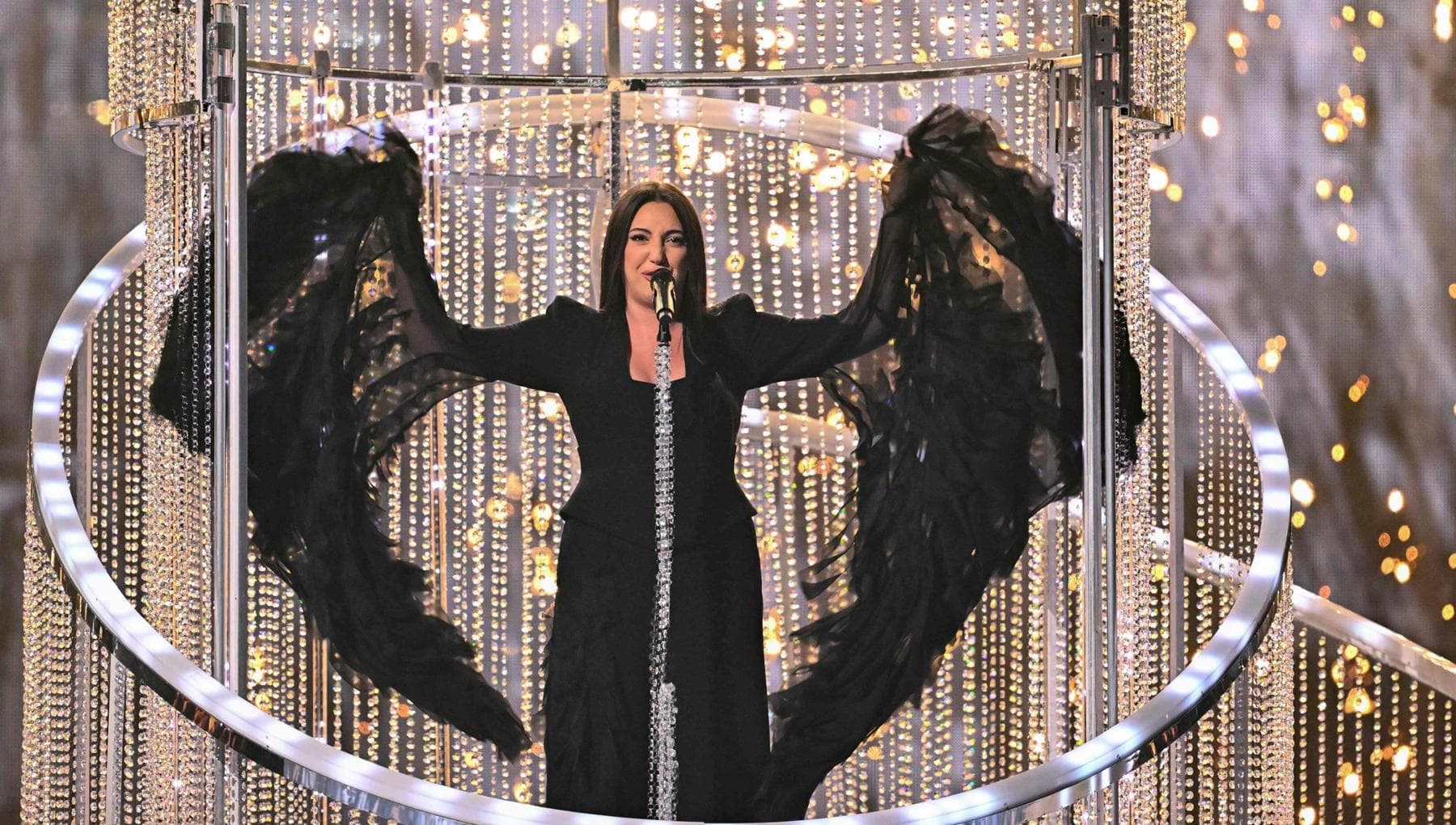Eurovision 2024: TVE Defies Veto, Airs Gaza Message During Broadcast
The Eurovision Song Contest, known for its dazzling performances and global reach, became embroiled in controversy this year when Spain's public broadcaster, RTVE (Radiotelevisión Española), defied a reported veto and aired a brief message of solidarity with Gaza during its broadcast. This bold move sparked a debate about the contest's role as a platform for political statements and the complexities of balancing entertainment with social responsibility.
The brief, subtly inserted message, reportedly shown only for a few seconds during a commercial break, expressed concern for the humanitarian crisis unfolding in Gaza amidst the ongoing conflict. While the exact content of the message remains unconfirmed, its airing has ignited a firestorm of reactions across social media and in the international press.
A Controversial Act with Far-Reaching Implications
RTVE's decision represents a significant departure from the typically apolitical stance often adopted by Eurovision broadcasters. While the contest has historically avoided overtly political statements, this year's event unfolded against a backdrop of heightened global tensions. The humanitarian situation in Gaza, marked by significant loss of life and widespread destruction, undoubtedly prompted RTVE's intervention.
However, the move is not without its critics. Some argue that politicizing Eurovision undermines the contest's core purpose: celebrating music and fostering international unity. Concerns have been raised about potential repercussions for Spain's participation in future contests, suggesting that the broadcaster risked jeopardizing its standing within the European Broadcasting Union (EBU).
- Arguments for RTVE's Action: Supporters highlight the moral imperative to acknowledge and address major humanitarian crises. They argue that ignoring such events would render Eurovision complicit in silencing marginalized voices. The message, they contend, was brief and unobtrusive, minimizing disruption to the broadcast.
- Arguments Against RTVE's Action: Critics claim that introducing political messages violates the EBU's rules on neutrality and could set a dangerous precedent. They fear that opening the door to political commentary could lead to increased polarization and detract from the musical focus of the event.
The EBU's Response and Potential Consequences
The EBU has yet to issue an official statement on RTVE's action, adding to the speculation surrounding the incident. This silence, however, further fuels discussions about potential penalties or sanctions against the Spanish broadcaster. The consequences could range from fines to exclusion from future contests, depending on the EBU's interpretation of the event. The outcome will set a significant precedent for future broadcasts and the limits of political expression within the Eurovision framework.
A Wider Discussion on Media Responsibility
Beyond the immediate consequences for RTVE, the incident raises broader questions about the role of media outlets in covering conflict and humanitarian crises. The debate underscores the complex relationship between entertainment, news, and political activism, particularly within globally watched events like Eurovision. It compels us to question the ethical responsibilities of broadcasters in balancing entertainment with their social conscience.
The incident serves as a case study in the evolving landscape of media responsibility in the age of globalization and instant communication. The repercussions of RTVE's bold move will continue to unfold, shaping discussions about free speech, humanitarian advocacy, and the boundaries of televised entertainment for years to come.
Further Reading:
Call to Action: What are your thoughts on RTVE's decision? Share your opinions in the comments below!

